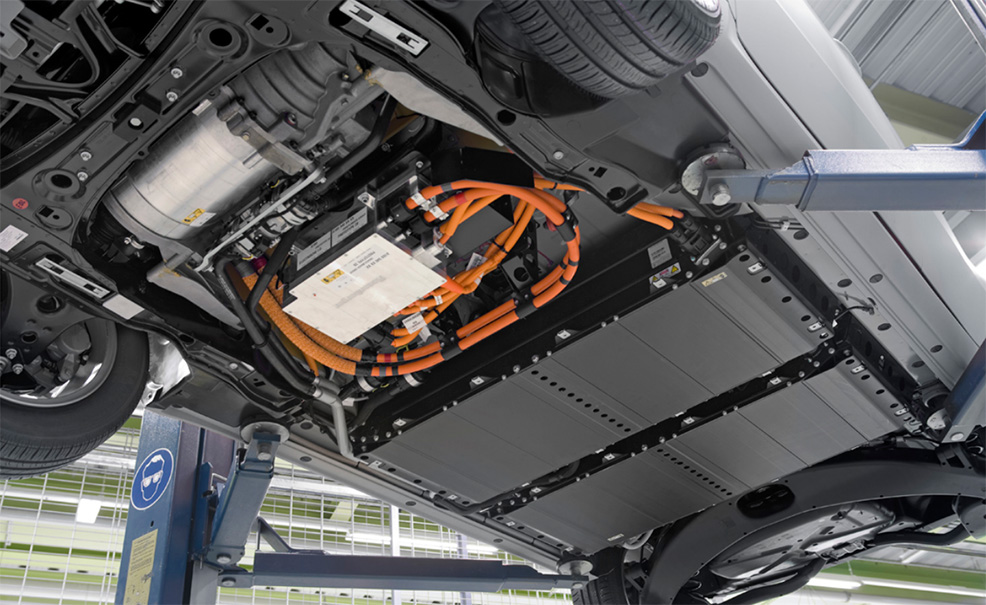
Vehicles conceal a danger that has gone unnoticed for years, until now. Although we have been relying on them as a means of transportation for a long time, a recent discovery could change our perception of cars forever. While the alarm was previously raised with the news of self-parking vehicles, what we will reveal next surpasses any previous concerns.
In recent times, there has been a growing awareness of the importance of caring for the environment, leading to a greater number of people opting for electric vehicles. However, fuel is not the only polluting aspect of the vehicles we use in our daily lives. The automobile has become an indispensable part of modern life, not only as a means of transportation but also as a tool for work, a source of entertainment, and, in many cases, an extension of our lifestyle.
However, recent revelations pose a significant threat to this way of life.
The European Commission is discussing possible legislation that would classify lithium as a reproductive toxin of Category 1A. Since the European Union relies heavily on lithium imports to meet the growing demand for electric vehicles, this measure would have significant ramifications for the automotive industry and beyond.
According to research by Rystad Energy, Europe is planning to expand its production of lithium carbonate and other essential components for electric vehicle batteries. However, the proposal to classify lithium as a toxic substance could affect every stage of the supply chain, from extraction to recycling, increasing costs and posing significant challenges for the industry.
The Risk Assessment Committee of the European Chemicals Agency has supported these concerns, stating that various lithium salts can cause serious harm to fertility and fetal development. This proposed classification could not only affect the automotive industry but also other industries that depend on lithium for their operations.
While some argue that lithium should be considered a danger to vehicles, the lithium industry is requesting a reassessment of this opinion by the European Commission. Meanwhile, new projects exploring alternatives to lithium, such as unconventional chemical elements, are emerging that could revolutionize the electric mobility industry.
These revelations raise urgent questions about the future of electric mobility and the sustainability of our transportation options. The potential impact of these regulatory decisions could be broad and long-lasting, affecting not only the automotive industry but also the energy and environmental security of Europe and beyond.







